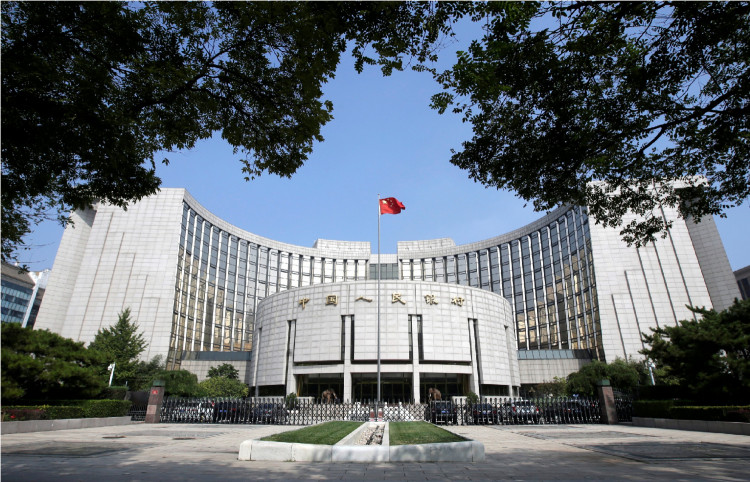The Bank of China recently made another historic feat as the first bank to offer perpetual bonds in the country. China's Banking and Insurance Regulatory Commission recently gave the Bank of China the green light to issue perpetual bonds. With this decision, the Bank of China can now offer 40 billion yuan worth of perpetual bonds.
Many observers noted that the decision to issue perpetual bonds is the bank's strategy to boost its capital adequacy. A perpetual bond is a kind of bond that has no maturity date. The issuance of a perpetual bond is used by many commercial banks to supplement their Tier 1 capital. While this is a common practice in many countries, China has yet to embrace it.
In 2018, five state-owned banks, a city commercial bank, and a joint-stock bank released a total of 439.2 billion yuan worth of capital supplement. This year, many bank analysts have said that banks and other investment institutions will easily pass that threshold.
The China Banking and Insurance Regulatory Commission also said that these perpetual bonds can be used to improve capital structure, expand lending, as well as boost risk resilience. The commission also added that perpetual bonds can help enrich investment products, especially in the bond market, and meet the growing demands from investors.
Compared to Tier 1 capital, boosting Tier 2 capital through the issuance of subordinate debts and capital bonds is relatively easy. Because of this, many banks in the world including China have embraced this practice. In contrary, it is more difficult to supplement a Tier 1 capital. Chinese banks usually resort to relying on Initial Public Offerings and private placement in order to boost their core capital. Some banks also prefer stock issuance in order to boost their core capital.
In a statement acquired by Asia Times, China Minsheng Bank chief analyst Wen Bin said, "These methods will cause additional pressure on the capital market, so banks find it a constraint to increasing their Tier 1 capital."
Some market analysts have said that China's decision to allow a bank to release perpetual bonds was put into effect in order to tackle the challenges faced by the country's four global systemically important banks in meeting their capital requirements in order to staunch their losses. One of these four major banks is the Bank of China. The Banking and Insurance Regulatory Commission has yet to confirm whether it will allow other banks to issue perpetual bonds.





